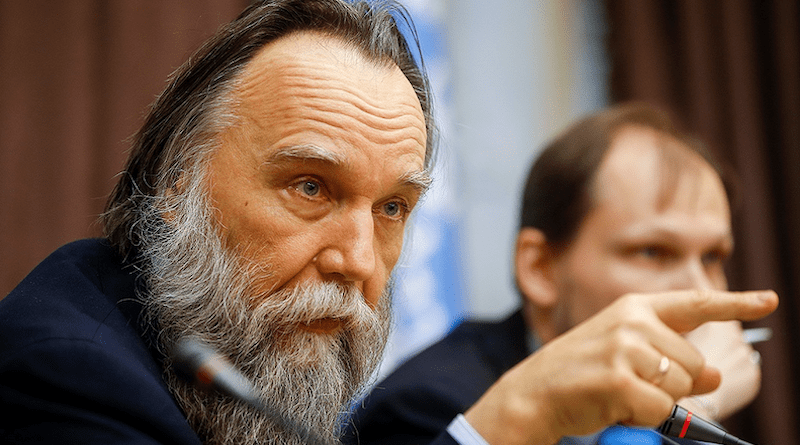Dugin Provided Post-Soviet Elite With Conceptual Framework But Has Had Little Influence On Specific Decisions – OpEd
By Paul Goble
Since the assassination of Darya Dugina, many have speculated about the amount of influence her father Aleksandr Dugin has on the Kremlin with some suggesting he is the chief ideologue and guru of the Kremlin and others completely denying he has any influence there, Aleksey Makarkin says.
But the Moscow commentator says the reality is more complicated. On the one hand, Dugin provided in the 1990s a conceptual framework for the rising generation of the elite who had seen other possibilities discredited. But on the other, he has had little influence on specific decisions (kasparov.ru/material.php?id=6303C0E108EE5§ion_id=50A6C962A3D7C).
Borrowing heavily from the West, Dugin promoted both the idea of geopolitics as an organizing principle for Russian foreign policy and also the notion that each country should be able to decide for itself what moral norms it should follow. The first fit in the thinking of an elite that had lost its way and the second because it suggested Russians didn’t need to defer to others.
Dugin’s notions about the struggle between the Atlanticists and the Eurasians, between the world of the sea and the world of the land brought into Russian discourse from the extreme right about opposition to the West that had up to that point only been common among those on the far right. That too made his ideas popular, Makarkin says.
For example, Dugin appealed not only to the ideas of Haushofer but also to those of Schmitt who was the advocate of the need for authoritarianism. And the Russian Eurasianist took specific steps to build relationships with the far right in Europe not for opportunistic reasons but as a matter of long-term planning.
In the 1990s, Dugin’s works were widely read by people who have now grown up and assumed positions of power. They remember his general notions and that means he is influential in that sense, Makarkin concludes. But there is no clear case where Dugin fought for and succeeded in getting adopted any particular policy as such

